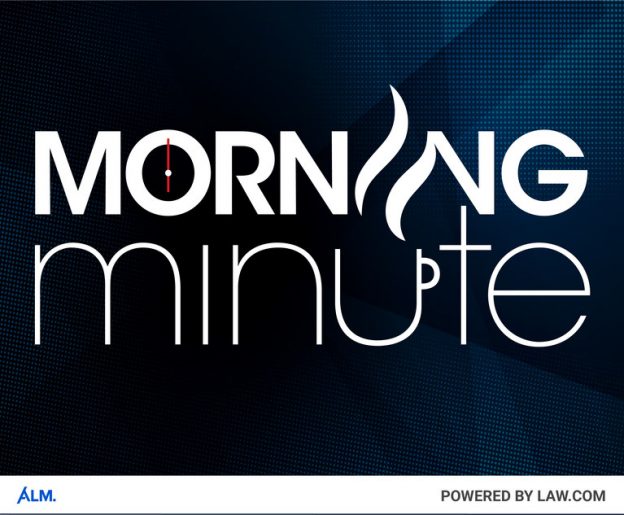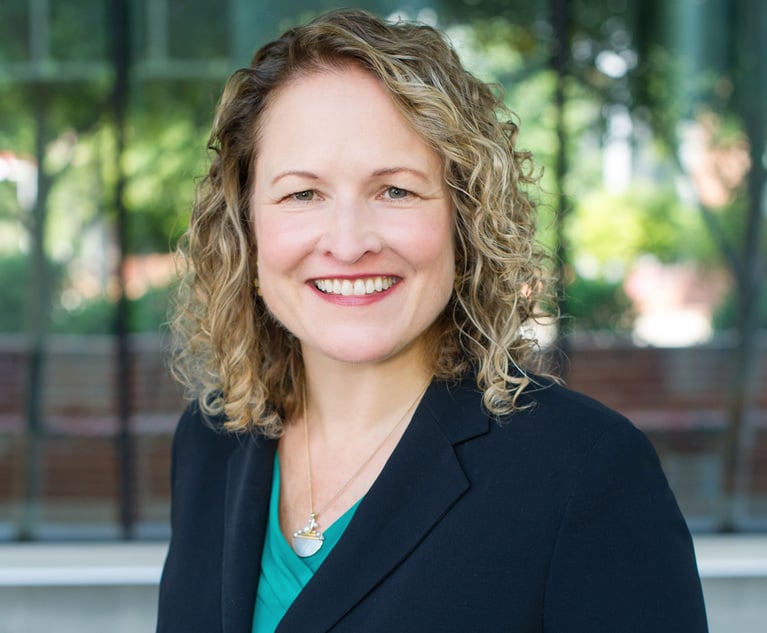LEAVE THEM OUT OF IT - It’s an indisputable fact that the world would be a better place if we all had to fill out an affidavit to show cause before copying someone on an email. For attorneys, in particular, “CC” should be regarded as a four-letter word. As Law.com’s Charles Toutant reports, the ABA has warned lawyers to avoid copying their clients when sending an email to opposing counsel. Lawyers who copy their clients in an electronic communication give implied consent to receiving a “reply all” response that includes the lawyer’s client, the ABA said in its latest ethics opinion. And where the sending lawyer consents to such communications, the receiving lawyer who responds with a “reply all” message is not overreaching or attempting to pry into confidential lawyer-client communications, the ABA said. But lawyers who include a client in such a communication chain could regret their action later, according to the opinion. “By copying their clients on emails and texts to receiving counsel, sending lawyers risk an imprudent ‘reply all’ from their clients. Email and text messaging replies are often generated quickly, and the client may reply hastily with sensitive or compromising information. Thus, the better practice is not to copy the client on an email or text to receiving counsel; instead, the lawyer generally should separately forward any pertinent emails or texts to the client,” the ABA said in Formal Opinion 503 of its Standing Committee on Ethics and Professional Responsibility.
GROWTH AREAS - Lateral partner moves have increased across the U.S. this year—especially in smaller markets where Big Law is showing growing interest. Markets such as Salt Lake City, Seattle and Charlotte, North Carolina, have seen “massive” growth in partner moves in 2022, but it’s begun to tail off in places such as Nashville, Tennessee, and Denver, which may be losing steam after being driven by comparably smaller practice areas, according to some analysts. Those markets are still above the five-year averages, but the declines this year are notable, Gregory Hamman, chief data officer at Decipher, told Law.com’s Andrew Maloney. “Real estate and health care have really driven Nashville’s laterals over the last few years,” Hamman said. “It’s not an overly huge market, and when you’re talking about smaller practice areas like real estate and health care, it just exhausts itself. I think that explains why Nashville ran out of steam in 2022.”










